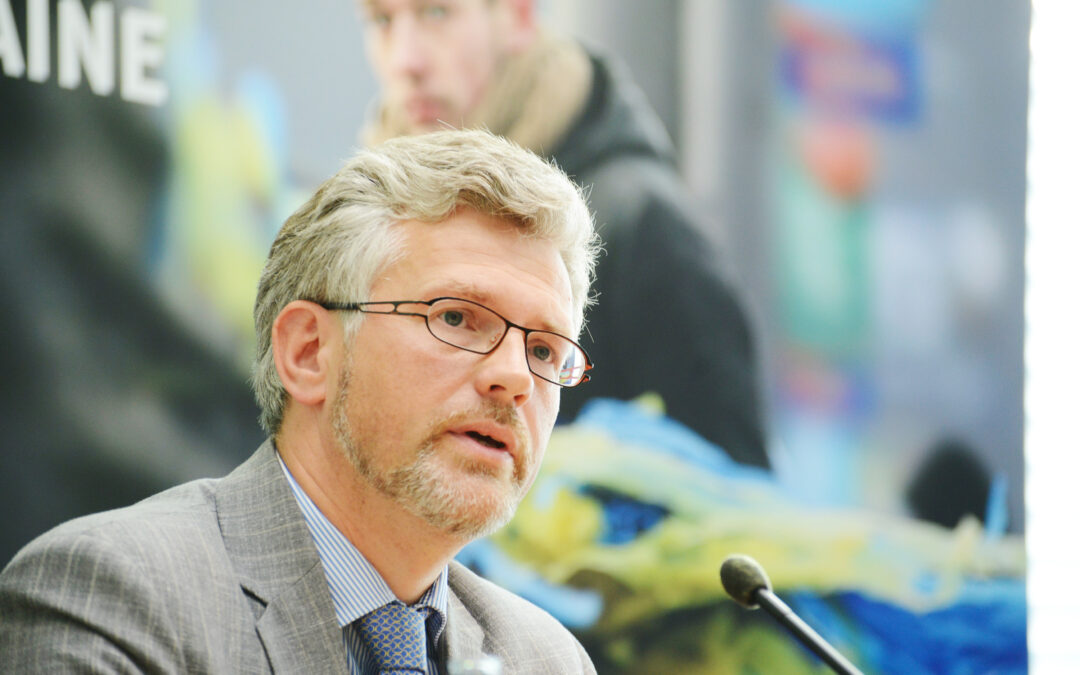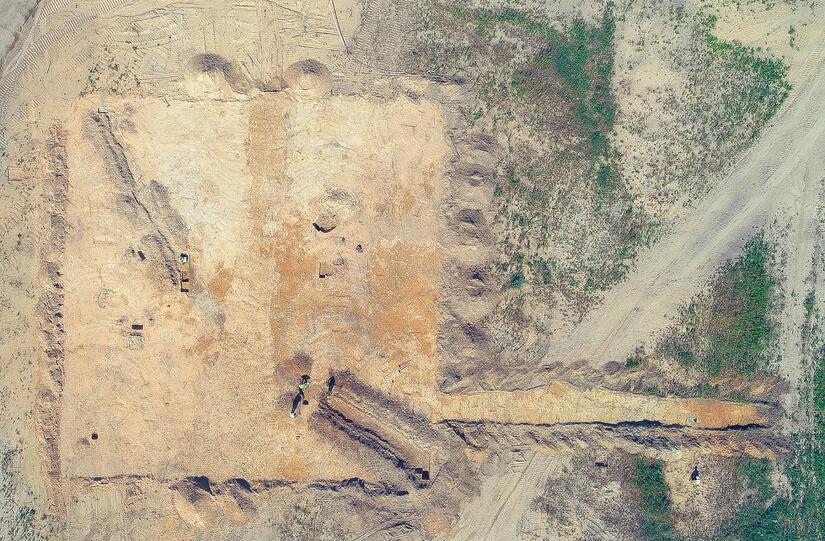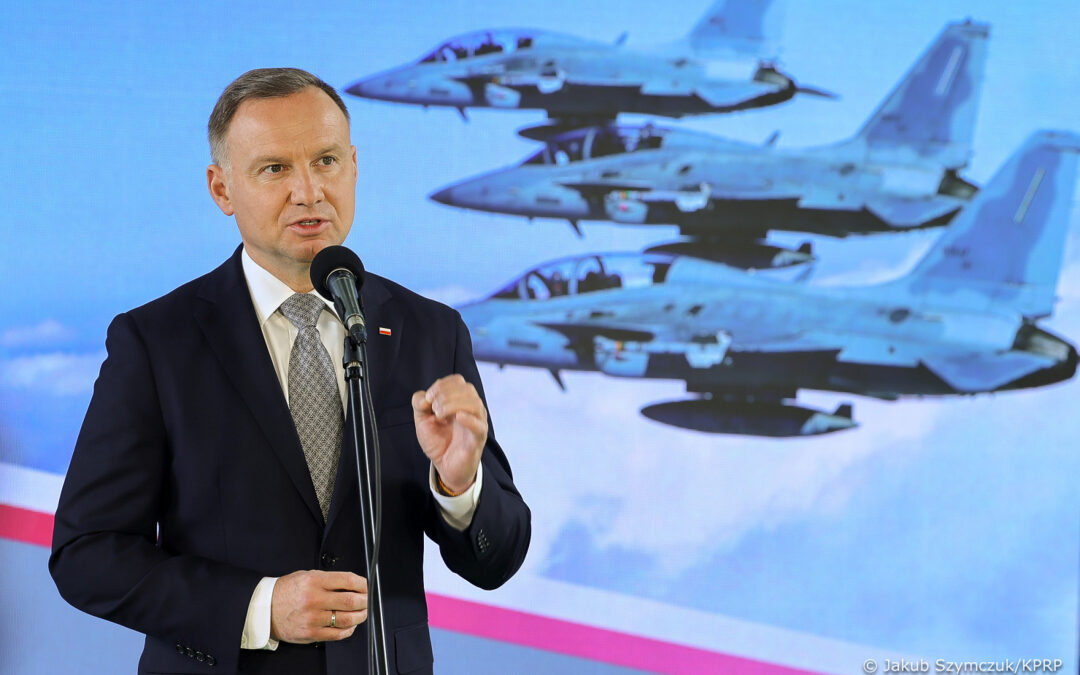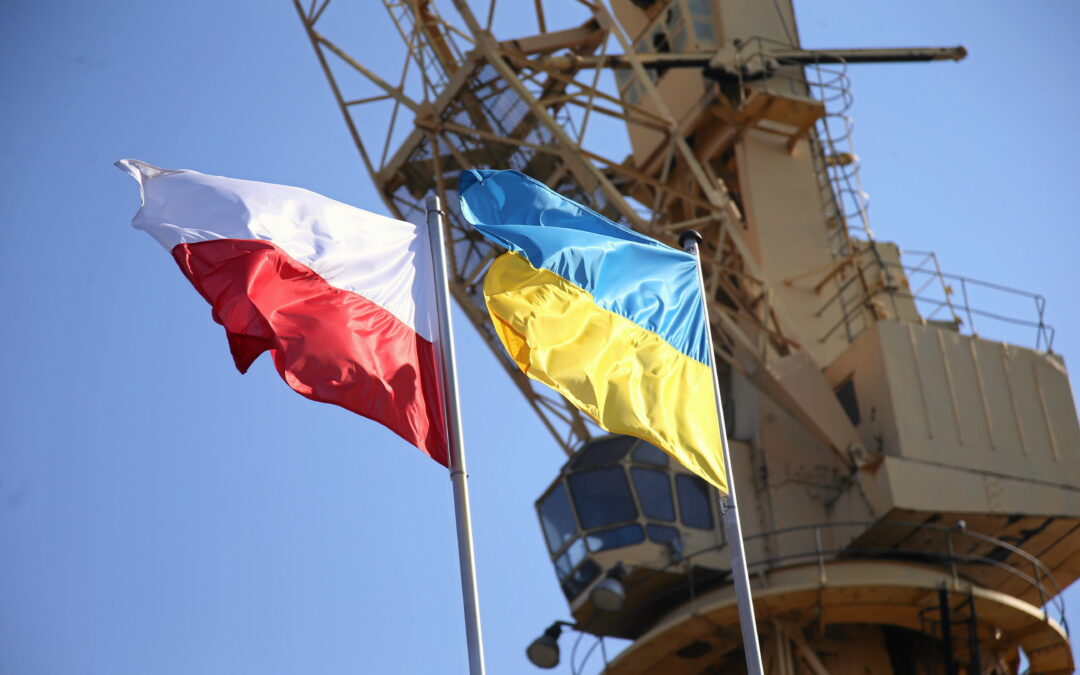Polish government figures have condemned as “unacceptable” the decision by Ukraine to appoint a minister who recently denied that nationalist leader Stepan Bandera was responsible for the mass murder of ethnic Poles and Jews during World War Two and sought to justify his collaboration with Nazi Germany.
Last week, it was announced that Andrij Melnyk, who until recently served as Ukraine’s ambassador to Germany, would be appointed as a deputy foreign minister.
In July, Melnyk caused outrage in Poland when he said that “Bandera was not a mass murderer of Jews and Poles” and argued that Polish persecution of Ukrainians made Poland seem an enemy in the same way as Nazi Germany and the Soviet Union.
Between 1943 and 1945, Bandera’s UPA organisation led an ethnic cleansing operation that resulted in the deaths of up to 100,000 Poles, as well as of Jews and other ethnic minorities. Most people in Poland regard the massacres as a genocide, and parliament has recognised it as such. But Ukraine denies that it was.
Melnyk later said he “regretted” his words, though he added that most Ukrainians had a positive view of Bandera, reported news outlet Interia.
At the time, the Ukrainian foreign ministry distanced itself from Melnyk’s remarks, saying that they were “his own opinion and do not reflect the position of the Ministry of Foreign Affairs of Ukraine”. Soon after, he was dismissed from his position as ambassador to Berlin.
However, last week it was announced that Melnyk had been appointed as a deputy minister.
Former Ambassador to Germany Andrij Melnyk is set to become Ukraine's deputy foreign minister.
During his tenure in Berlin he clashed with senior German politicians over their perceived closeness to Russia or perceived sluggishness to support Kyiv.https://t.co/xF6yD9vMlZ
— DW Politics (@dw_politics) November 21, 2022
The decision has led to an angry reaction from Warsaw. It is an “unfortunate choice”, said deputy interior minister Błażej Poboży.
“There is no way we can accept politicians who introduce the Banderite narrative into the public sphere,” said Andrzej Dera, a senior aide to Polish President Andrzej Duda, cited by the Dziennik Gazeta Polska daily.
“This is a bad signal,” added deputy prime minister and defence minister Mariusz Błaszczak. “I believe that, apart from the person concerned [Melnyk], another person – the person in charge of the Kremlin – is happy with this decision…So I am surprised.”
Russia has often sought to stir tensions between Poland and Ukraine over their sometimes troubled history, including the wartime massacres of ethnic Poles by Ukrainian nationalists.
Speaking to Wirtualna Polska, Polish deputy foreign minister Paweł Jabłoński reiterated his ministry’s position that Melnyk’s previous comments were “unacceptable” and expressed hope that he would “change his approach to the assessment of World War Two history”.
Meanwhile, Artur Dziambor, an MP from Poland’s far-right Confederation (Konfederacja) party, told news outlet Onet that “nominating this man is something that Poles may treat as a slap in the face”, especially after Poland “turned out to be Ukraine’s greatest friend in Europe” since Russia’s invasion.
Poland has taken in more refugees from Ukraine than any other nation while the Polish government has been one of Ukraine’s strongest backers in the conflict, transferring more military equipment to Kyiv than any country other than the US.
This month, in a further sign of improving relations, it was announced that the Ukrainian authorities have granted permission for Polish specialists to search and exhume the graves of ethnic Poles killed by Ukrainian nationalists in one village during World War Two.
Main image credit: Bundestagsfraktion Bündnis 90/Die Grünen/Wikimedia Commons (under CC BY 2.0)

Peter Kononczuk is senior editor at Notes from Poland. He was previously a journalist for Agence France-Presse (AFP) in London and Warsaw.



















